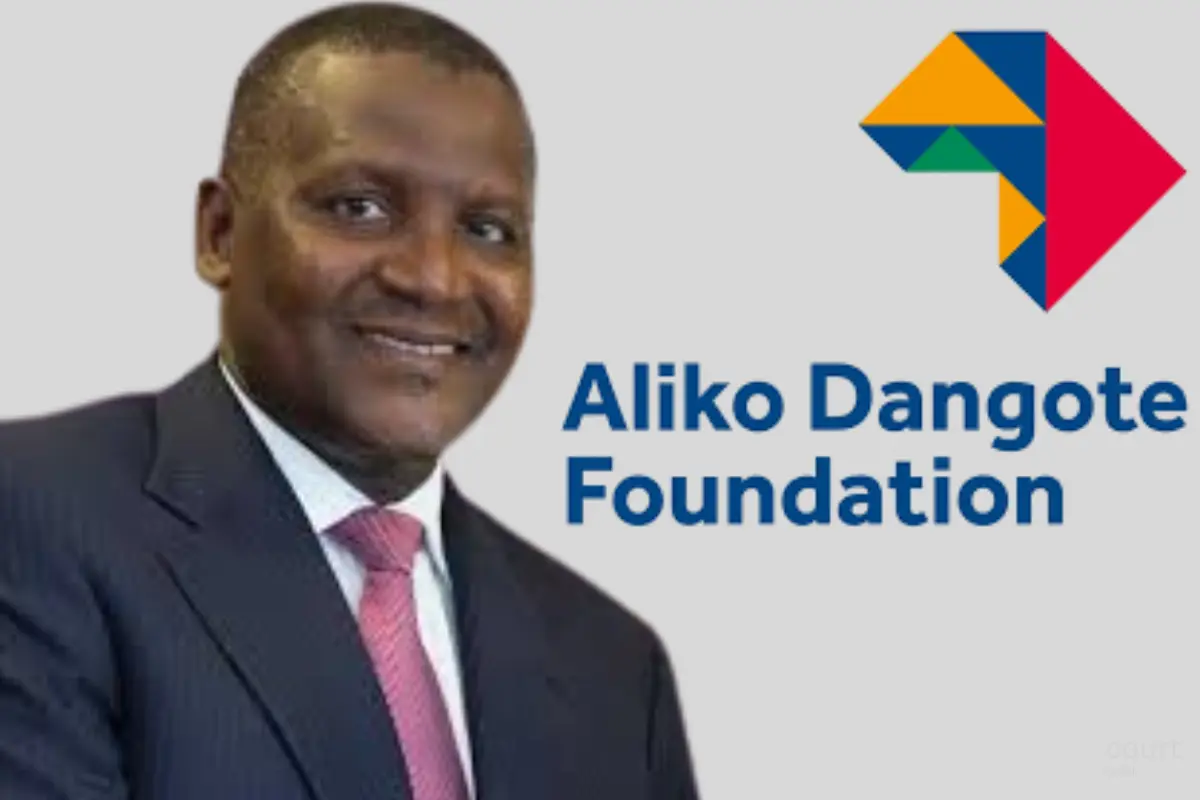Amnesty International has strongly condemned the reported threats and intimidation directed at a Nigerian youth corps member who recently shared a viral TikTok video lamenting the country’s escalating economic crisis. The human rights organization criticized the National Youth Service Corps (NYSC) officials for allegedly pressuring the young woman to delete her video, stating that such actions undermine freedom of expression.
The corps member’s video, which gained widespread attention, highlighted the rising cost of living under President Bola Ahmed Tinubu’s administration. She voiced her concerns about the soaring prices of essential goods, including the cost of a crate of eggs surging to ₦6,500, transportation fares escalating beyond affordability—such as Uber rides now costing up to ₦25,000—and the sharp increases in utility bills. She further detailed how mobile data expenses have skyrocketed, with a ₦1,500 data plan barely lasting a day and weekly internet costs reaching ₦20,000.
Expressing frustration over the financial strain of managing rent, food, and other basic expenses, she questioned the government’s lack of effective measures to curb inflation and stabilize the economy. Her candid remarks resonated with many Nigerians, sparking widespread discussions on social media about the economic difficulties affecting millions.
Despite the overwhelming public support for her concerns, reports indicate that NYSC officials have threatened her with disciplinary action, potentially including expulsion from the program. This development has raised fresh concerns about the suppression of free speech in Nigeria, with critics arguing that authorities should focus on addressing the country’s economic crisis rather than silencing those who speak out.
Amnesty International has urged the Nigerian government to respect citizens’ constitutional rights to freedom of expression and to cease all forms of intimidation against individuals voicing their grievances. The organization emphasized that dissenting opinions should not be met with threats or punitive measures but rather considered as calls for urgent economic reforms.
With millions of Nigerians facing economic hardship, Amnesty International insists that the government must prioritize effective policies to alleviate poverty and stabilize the nation’s economy, rather than attempting to silence those drawing attention to the crisis.


















